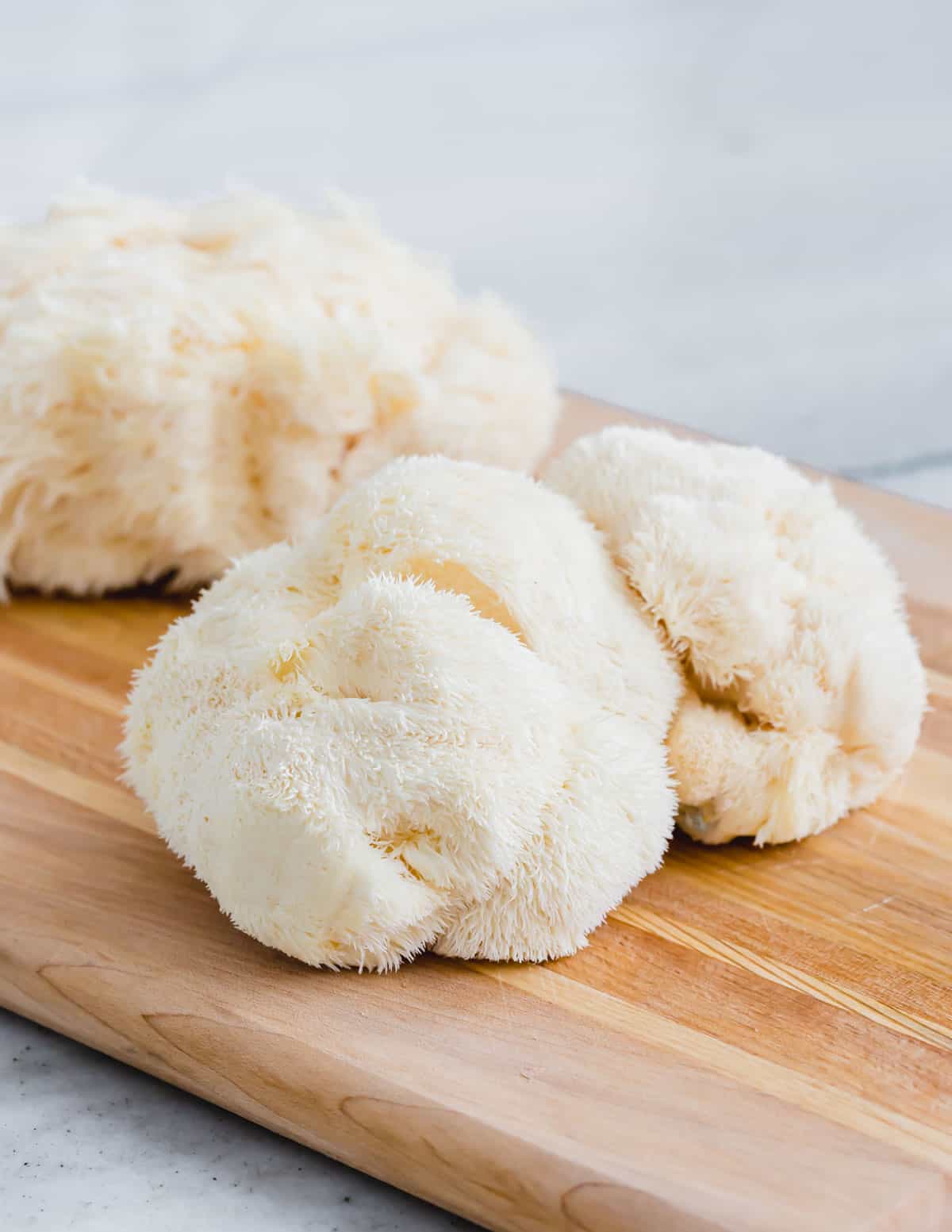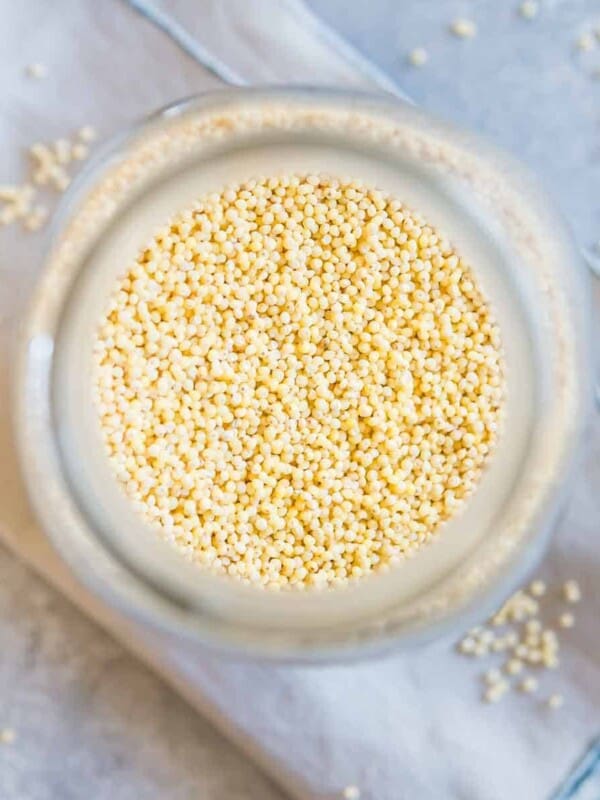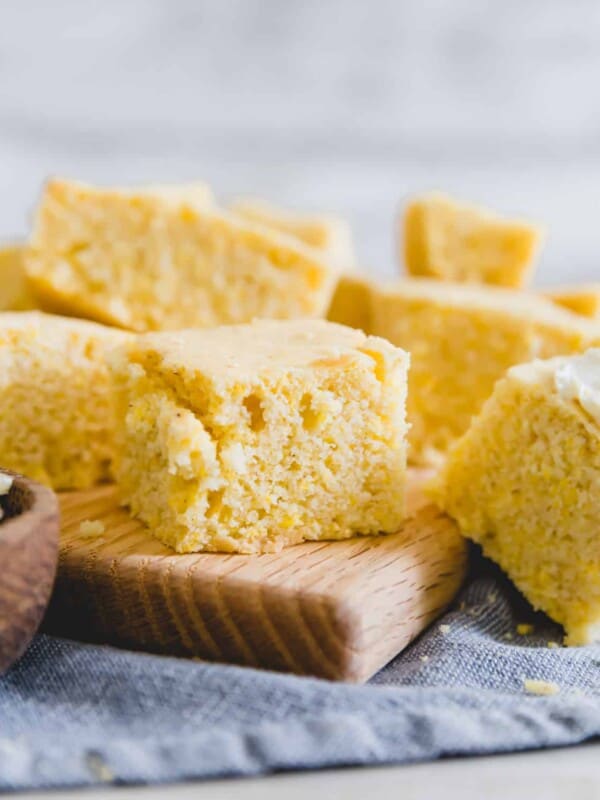Lion’s mane benefits are as plentiful as the mushroom itself is unique in appearance and qualities. This powerful, editable fungus boasts numerous mental and physical health benefits that deserve to be explored.

Also known as Hericium erinaceus, the lion’s mane mushroom has gained popularity in recent years due to its potential positive health effects. Native to Asia, America and Europe, this unique fungus has a long history of traditional use in Chinese medicine and is increasingly seen as a valuable functional food in more modern times, as well as in Western culture.
Lion’s mane introduction
Lion’s mane is easily recognizable thanks to its distinct appearance, resembling the shaggy mane of a lion. It is white with a large shaggy head that resembles the mane of a lion. Its lesser-known name is monkey’s head and is commonly found on decomposing trees.
Lion’s mane is not only edible but also considered a functional mushroom, meaning it offers more than just pleasing taste buds with its beneficial compounds. It is important to know how to clean mushrooms before ingesting them.
It is commonly found in powder or supplement form and can be quite difficult to find fresh in stores. If you are lucky enough to be able to enjoy the actual mushroom, you will certainly enjoy its slightly sweet, yet savory flavor. Some even suggest that it has texture and qualities like seafood.
Lion’s mane benefits
One of the most well-known lion’s mane benefits is its potential to support brain health. It contains bioactive compounds that may help stimulate the growth and regeneration of nerve cells, which could have profound applications in diseases like Alzheimer’s. Beyond cognitive improvements, lion’s mane has also been linked to immune system support, digestive health and anti-inflammatory properties.
I started dabbling in functional mushrooms a few years ago purely out of curiosity, but it wasn’t until this past year and battling chronic Lyme disease that I truly experienced their benefits. I’ve found cordyceps, reishi and lion’s mane to be incredibly immune supportive and have felt much improved since incorporating them into my healing plan.
Add lion’s mane to this wild mushroom soup!
Cognitive enhancements
Another of the lion’s mane benefits include its potential to improve cognitive function and mental health. Bioactive compounds such as hericenones and erinacines found in lion’s mane can stimulate the growth and development of brain cells. Research indicates that consuming lion’s mane may help prevent conditions like dementia and Alzheimer’s, while also offering neuroprotective properties to assist in the prevention of memory loss and enhance brain function.
Nervous system support
Another of the many lion’s mane benefits is its support for the nervous system. Its ability to enhance peripheral nerve regeneration and general nerve health puts it in a unique position to be used for those suffering from nerve-related disorders or recovering from nerve damage.
Potential anti-cancer properties
Lion’s mane mushroom is not only known for its cognitive and neurological benefits, but also its potential as an anti-cancer agent. Studies suggest that lion’s mane may possess antioxidant properties that could help combat cancer.
As in many cases, more research is needed to confirm this exciting potential. Nonetheless, lion’s mane is promising for individuals seeking additional support during their cancer journey with the addition of these beneficial mushrooms.

Inflammation
Inflammation is a crucial part of the body’s healing process, serving as a natural response. Short-term inflammation, also known as acute inflammation, is generally beneficial and serves a productive purpose. However, when inflammation becomes chronic and persists over the long term, it can lead to various issues.
Common causes of inflammation include toxins, obesity, stress and lifestyle choices among others. Chronic inflammation has been closely linked to conditions such as cardiovascular disease and cancer.
Research has demonstrated that lion’s mane possesses anti-inflammatory properties, particularly targeting adipose tissue inflammation which is commonly associated with obesity.
Depression and anxiety
Lion’s mane mushroom can assist in the management of symptoms of anxiety and depression. An astounding 21 million Americans have experienced severe depression which equates to 8.3 percent of the population. Additionally, it is estimated that almost 20 percent of Americans experience anxiety disorders. In 2022 it was reported that a 25 percent increase was seen in anxiety and depression.
Lion’s mane has been shown to have anti-inflammatory properties that can directly reduce anxiety and depression symptoms. Additionally, it can improve the functioning of the hippocampus. This is important as it is the region of our brain that processes emotional responses and memory.
Finally, a group of menopausal women received a daily cookie infused with lion’s mane. After 4 weeks, they reported a decrease in anxiety, depression and irritability. The intriguing question arises: Was it the cookie or the lion’s mane that contributed to these positive results? Research strongly indicates that lion’s mane played a significant role.
Add lion’s mane mushrooms to this creamy mushroom risotto.
Considerations: Lion’s mane mushroom side effects
While discussing the many lion’s mane benefits, it is also important to further investigate potential side effects. Experiments to date have shown Lion’s mane mushrooms to be safe. However, it is essential to be aware of its recommended dosage and possible side effects such as GI discomfort, dizziness and skin rashes.
Integrating lion’s mane into the diet
To take advantage of the many lion’s mane benefits, there are several ways to incorporate it into a healthy diet. The two most popular forms are the use of supplements and consuming the fresh mushroom.

Supplementation
Lion’s mane is widely available in various supplement forms, such as capsules and tablets. The dosage recommended for each form may differ, so it is crucial to consult a healthcare provider before starting consumption of the supplement.
Lion’s mane powder is a versatile option that can be added to different foods and drinks, such as this chocolate protein mud drink or this copycat homemade MudWtr powder. It makes a perfect gift for coffee lovers as they can mix it up with a few other mushroom powders and use it to replace coffee creamer or coffee syrup.
Make a simple mushroom and beet galette using lion’s mane mushrooms.
Fresh mushroom
Lion’s mane mushrooms can also be added directly to your meals or used as a powder to enhance the nutritional value of food and beverages. Fresh lion’s mane mushrooms can be found at some grocery stores and farmers’ markets. They are not very popular, however, so they can be hard to find.
Fresh lion’s mane mushrooms can simply be sliced, spiced, sautéed and eaten. It’s especially delicious paired with garlic. If you really want a treat, be sure to take some time and check out how to cook lion’s mane mushrooms. They can also be added to this mix of air fried mushrooms and enjoyed via that easy cooking method.
Lion’s Mane benefits final thoughts
Among the numerous lion’s mane benefits, some of the key advantages include its ability to support brain health, promote a healthy nervous system and potentially combat cancer. While it is generally considered safe for consumption, individuals should be mindful of dosage recommendations and possible side effects. Incorporating lion’s mane into a healthy diet can be achieved through supplementation or utilizing fresh mushrooms in various culinary creations.
This article originally appeared on Food Drink Life.
Disclaimer: These statements have not been evaluated by the Food and Drug Administration. The contents of this article, made available via Running to the Kitchen, are for informational purposes only and do not constitute medical advice. The content presented here is not intended to be a substitute for professional medical advice, diagnosis or treatment. Always seek the advice of a qualified healthcare provider with any questions you may have regarding a medical condition or dietary changes. Reliance on any information provided by this article is solely at your own risk.
Trina Krug
Trina Krug is a holistic nutritionist, recipe creator and advocate for human health. Her passion for low-carb lifestyles, gluten-free eating and real nutrition education has led to the creation of TrinaKrug.com. She spends her time creating recipes, hanging out with her family on her farm and actively working on her Doctorate of Science in Integrative Health.










Wow! I had never heard of this wild mushroom before reading your article. The health benefits are absolutely amazing! Thanks for sharing (-: